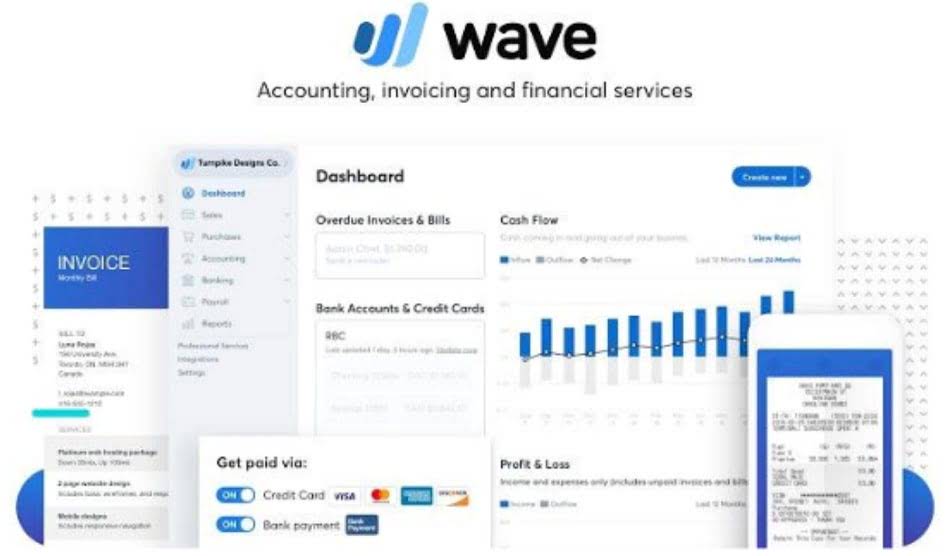
Payment Service Providers (PSPs) link with various card and payment networks and connect to different acquiring banks for flexibility. While many PSPs offer seamless integration with popular platforms, Bookkeeping for Painters some businesses may face challenges integrating the PSP with their specific systems, especially if they use custom or less common software. A key benefit of using a payment orchestrator is quickly integrating with a new processor without the development effort.
We are the exclusive credit card processor for Dental Destinations

They do this by offering a range of services to a merchant, including a payment gateway, payment processing, and merchant accounts. The assets will be a very complementary addition to PSP’s award-winning HLX™ unified commerce platform. Without a payment psp services service provider (PSP), businesses would need to create merchant accounts separately and set up their payment gateway on their own.

What Is a Payment Service Provider (PSP)?
A leader in payment systems, processing and integrations, we provide modular solutions through our eCommerce, in-store payments and Point of Sale (POS) systems. A payment service provider (PSP) is a third party that aids businesses in accepting electronic payments, such as credit cards, debit cards, online banking, e-wallets, and more. Security is a top priority in payment processing, and PSPs provide robust security measures to protect sensitive payment data.

Browse Payments Rulebook

Many PSPs offer payment gateway services, which act as the online equivalent of a physical POS terminal. A payment gateway securely transmits payment information between the customer, the merchant, and the financial institutions involved. It also provides additional security measures, such as encryption and fraud detection, to protect sensitive payment data. Credit card associations organize standards and regulations that processors must follow for payment acceptance.
- Furthermore, some PSPs offer advanced analytics tools that empower businesses to gain a deeper understanding of customer behavior by analyzing purchasing patterns, demographics, and preferences.
- This transaction is typically initiated by an online shopper or store clerk.
- By analyzing large datasets, AI can help PSPs identify patterns and trends that improve the accuracy and efficiency of payment processing.
- Our latest research finds that 87% of merchants are considering using orchestration in the next 12 months.
- Simplifying your payment stack by connecting with various payment services is just the beginning.
- PayPal is one of the most affordable payment systems that offer credit card processing to all business types.
- Allow our experienced counselors to provide the assistance you need to achieve the goals you desire.
- Navigating the regulatory landscape in payment processing can be challenging, especially for businesses operating in multiple jurisdictions.
- As technology advances, PSPs are likely to incorporate new features and services to meet the growing demands of merchants and consumers.
- As a result, merchants aren’t always comparing apples with apples, making it harder to get a clear, unified view of performance across PSPs.
- AppsFlyer plans to take subscription payments to another level, and working with Primer will allow Shirly to integrate with a new fraud prevention tool while monitoring performance in case of any issues.
- Managing payments for multiple businesses requires payment service providers to navigate significant financial risks, leading to the implementation of robust security measures.
When dealing with business-to-business payments, traditional methods of cheques are becoming dated, cumbersome and create accounts payables issues. They are dedicated commercial accounts designed for accepting payments and managing other financial aspects of a business. Refers to how smoothly a payment service provider can connect with your website and systems. In contrast, providers of merchant services accounts typically invoice a consolidated sum, separate from your deposits, on a monthly basis. With a PSP, you get a merchant account through them, and they handle the payment processing, eliminating the need for finding or setting up a separate payment gateway. Payment processing encompasses the technical process of transferring funds from customers’ accounts to merchants’ accounts, involving key steps such as authorization, capture, settlement, and clearing.
- With our Observability platform, you’ll be able to see, at a glance, how all your PSPs are performing and slice and dice the data in any way required.
- Managing multiple PSPs often means juggling different portals to access your payment data.
- The assets will be a very complementary addition to PSP’s award-winning HLX™ unified commerce platform.
- Not only do they embrace emerging payments, but they also expect a seamless purchasing experience as the true bottom line.
- This involves handling various payment methods, including credit cards, debit cards, e-wallets, bank transfers, and more.
- Stripe is a completely customizable platform with flat, transparent pricing.
- This means merchants can handle an entire payment from start to finish with a single integration.
With a payment orchestrator, all your payment data is standardized and centralized in one place, allowing you to see all your data from one dashboard. You can analyze 3DS performance across different markets or PSPs and even drill down to the BIN level. This level of granularity helps you identify specific patterns, optimize conversion rates, and make informed decisions about when and where to implement 3DS for maximum impact. Simply put, a PSP’s main job is to ensure that money moves safely and smoothly between buyers and sellers.
Benefits of using a PSP
Our platform empowers you to connect with as many Payment Service Providers (PSPs) as you need, effortlessly routing payments to align with your business objectives. With just one integration to our payment API, you can access 100+ payment methods, set up custom payment flows, and track payment performance from a single dashboard. By using multiple PSPs, businesses can diversify their payment processing, reduce the risk of downtime, and payroll optimize for better performance and cost. It involves upfront development costs and ongoing maintenance, which are resource-intensive and can slow your business down. The primary advantage of employing a PSP is that it consolidates most—if not all—essential payment services into a single package.

